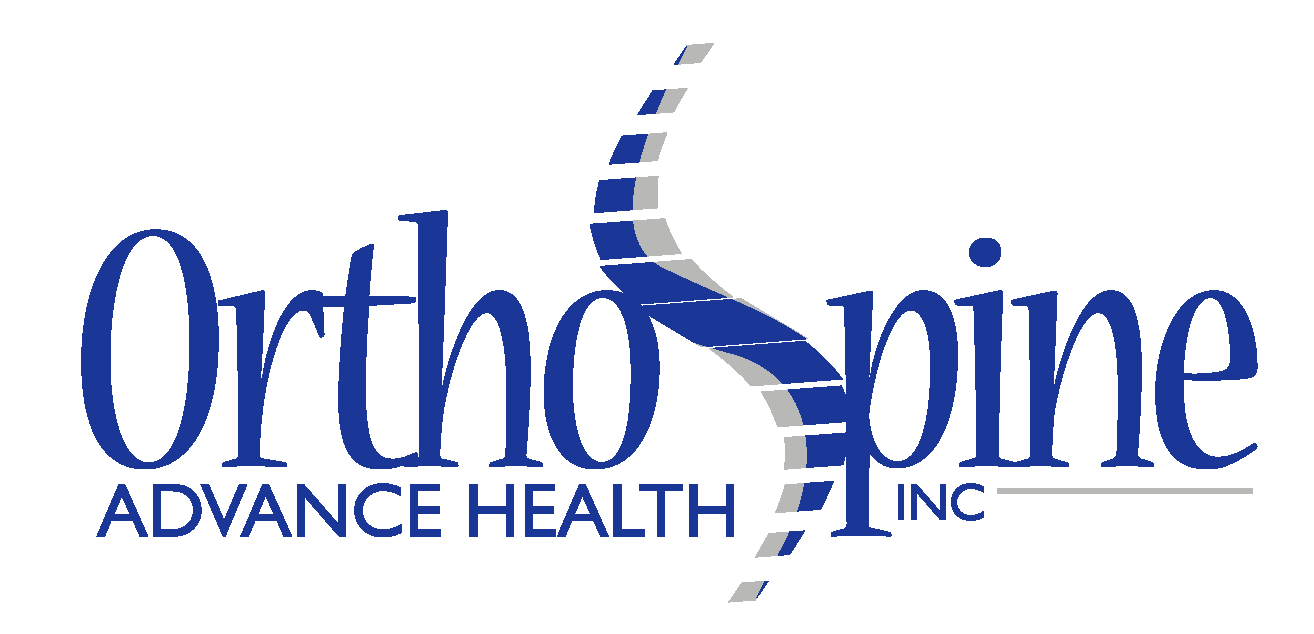Degenerative Disc Disease
Degenerative disc disease occurs when the normal wear and tear of your spine causes intense pain.

Degenerative Disc Disease (DDD), also known as Spondylosis, is a condition that usually occurs due to aging. It is the progressive deterioration of the discs between the vertebral bodies. Spondylosis (a different term than spondylolisthesis) is typically a degenerative condition of the joints of the spine and is also known as spinal osteoarthritis. The discs, joints and ligaments of the spine are generally involved. The discs lose their cushioning effect between the spinal bones, the ligaments become weaker or thicken, and the bones can develop bony growths or spurs. Aging and repetitive stresses to the spine are the primary causes of this degeneration, but it also can be present in younger adults who have had prior trauma. Not everyone will have symptoms (usually pain) as a result of spondylosis. If severe, spondylosis may cause pressure on nerve roots with subsequent pain or tingling in the arms or legs.
Not everyone will have symptoms (usually pain) as a result of spondylosis. If severe, spondylosis may cause pressure on nerve roots with subsequent pain or tingling in the arms or legs. The most common clinical manifestation of a degenerative disc disease is lower back pain that may or may not radiate to the upper part of the thighs. Some individuals who experience pain from Spondylosis describe morning pain as lower back stiffness or rigidity.
In some individuals, the vertebra loses flexibility. Others experience bone spurs or disc bulging that can compress a nerve root, which can cause chronic pain, numbness, and weakness in certain body parts. This condition, however, can occur anywhere along the spinal column, with most cases occurring at the cervical region (degenerative disc disease of the neck) and at the lumbar area (lower back).
rEQUEST AN APPOINTMENT
Fill out to form to request an appointment. You can also ask us spine care related questions. We will get back to you ASAP.

